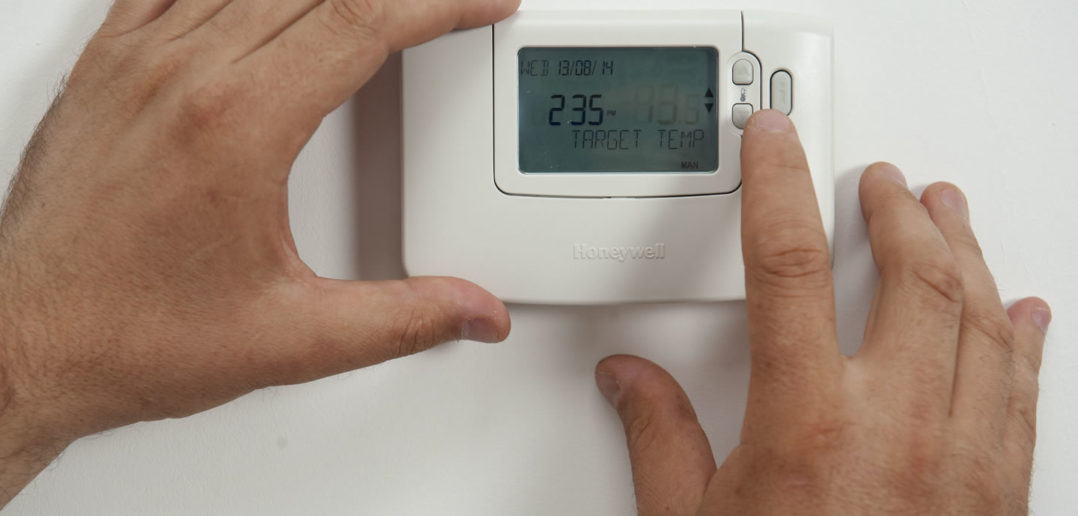Transport and industry may be considered the biggest sources of greenhouse emissions, but with 14 per cent of emissions coming from our homes, where we live is as bad for the environment as what we drive due to the ubiquitous gas combi-boiler.
When gas combi-boilers were first introduced in the 1960s they were sold as a greener alternative to electricity generated by coal power plants and could both heat your home and generate hot water on-demand. However, technologies have changed significantly over the last 60 years, with renewable power generation on the increase and coal being phased out. In today’s world, gas is not the greener alternative to coal, but a fossil fuel that competes with green alternatives like solar, wind, and tide power.
A decade ago, coal and natural gas generated more than 70 per cent of the UK’s electricity, but for the first time since 1882, when the industrial revolution brought the UK’s first coal-fired power plant on line, 2019 saw UK renewables generate more electricity than fossil fuels. In the home, however, only 15 per cent of boilers are electric or low carbon.
Some in government are aware of the problems with gas combi-boilers, with new low-carbon heat systems to be standard for all new homes built after 2025, but they are working too slowly. New homes should be fitted with these low carbon technologies today, not in five years time.
The government also needs to introduce significant incentives to convince people to upgrade their existing gas combi-boilers to electric boilers that can make use of cleaner energy sources as soon as possible. Around 85 per cent of British homes are currently heated by carbon-heavy natural gas, and there are significant emissions savings to be made from retrofitting existing housing on the basis that they are considerably less efficient than new builds, according to Steve Turner from the Home Builders Federation.
A report from the cross-party Policy Connect published last year urged the government to do more to address the pollution generated by our homes, but a poll amongst MPs at the time found few saw the issue as a priority. A year later, nothing has been achieved and with Brexit and coronavirus on the agenda, it is likely that another year will go by before changes are made.
The report’s lead author, Joanna Furtado, said at the time that “the next five years are critical for heat decarbonisation in new and existing homes and for meeting our climate targets” and with 12 months already wasted, the time for action is now.




